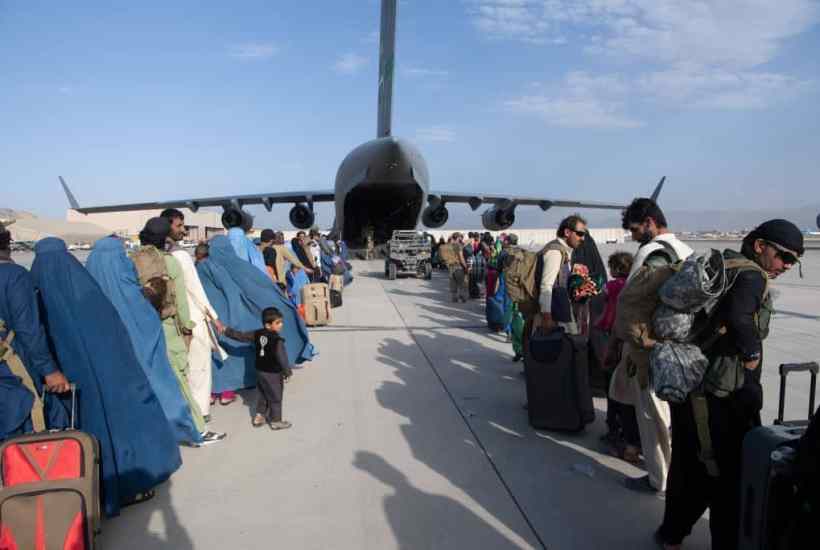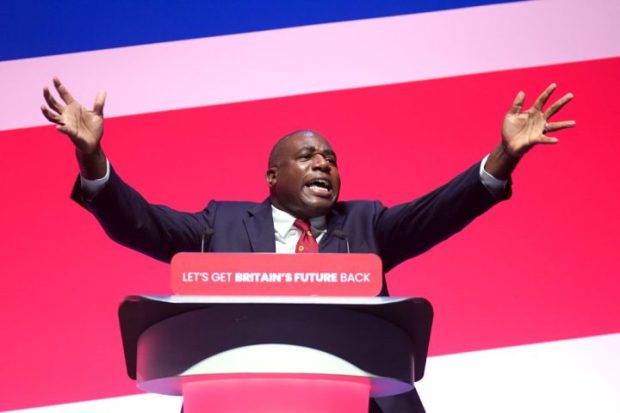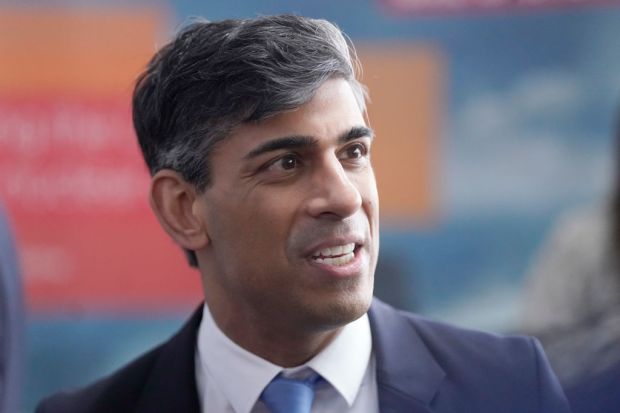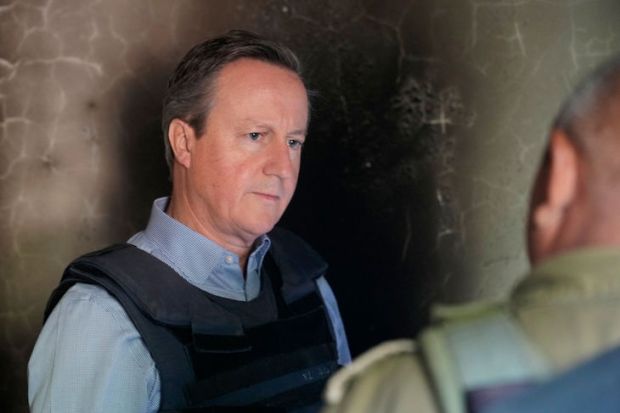Dominic Raab faced the media round from hell this morning. The former Foreign Secretary faced a series of questions about evidence published by a former Foreign Office official over the government’s handling of the Afghanistan crisis.
Raphael Marshall – an Oxford graduate with three years in the diplomatic service – worked in the department’s special cases team during the evacuation efforts. In testimony given to the foreign affairs select committee published on Tuesday, Marshall has given an account of the dysfunction and chaos he says dominated the government response.
Among the most eye-catching claims:
1. Animals were prioritised over humans
During the evacuation, there was a very public row over the summer between the animal charity Nowzad and Defence Secretary Ben Wallace over whether they should be given government help to leave. In his testimony, Marshall claims that the Foreign office ‘received an instruction from the Prime Minister’ to use ‘considerable capacity’ to help get the animals out of Afghanistan. He said this decision – which led to uproar in the Ministry of Defence – meant there was ‘a direct trade-off between transporting Nowzad’s animals and evacuating British nationals and Afghan evacuees, including Afghans who had served with British soldiers.’
2. Thousands of emails were not processed correctly
Despite claims that the government would log each request for evacuation, many went unread. After widespread anger at thousands of emails slipping through the net, a new system was brought in. Marshall says all emails were then read – but he alleges that nothing was done about them – suggesting the main purpose of the new system was to ‘allow the Prime Minister and the then Foreign Secretary to inform MPs that there were no unread emails’. Marshall suggests the new system served ‘a public relations purpose’ – noting it was locked temporarily.
3. Lack of institutional knowledge and expertise
In the special cases team on which Marshall served, there was a lack of expertise when it came to Afghanistan. Marshall claims that no members of the team had worked on Afghanistan previously. Calls were made in English and this lack of expertise showed when emails in Dari inviting Afghans for evacuation inaccurately said the email had to be printed – adding an extra hoop for applicants to jump through – when in truth a digital copy would have been fine. Marshall says that on-duty team leaders also showed a lack of experience, referring to Afghans as ‘Afghanis’.
4. ‘Work-life balance’ hampered efforts
Dominic Raab’s badly timed holiday was just the tip of the iceberg according to Marshall when it came to staff issues. He says that despite the limited time to evacuate Afghans, ‘the default expectation remained that FCDO staff would only work eight hours a day, five days a week. FCDO employees were only asked to work shifts for which they volunteered’.
The fact that some officials were working from home only added to the potential for miscommunication while grappling with the unfolding crisis: ‘Whilst a healthy “work-life balance” is important in moderation, in my opinion the FCDO’s approach has undermined organisational effectiveness… staffing shortages were exacerbated by some staff working from home, which hampered communication.’ While soldiers were eventually drafted in to help with the effort, this also proved chaotic – they were given laptops without the passwords that would allow them to function.
5. Raab was too slow in making decisions
Dominic Raab is accused of taking hours to make key decisions that were time sensitive. Marshall says that the then-Foreign Secretary demanded cases were put to him in a ‘well presented table’ after the crisis centre sent notes up to Mr Raab’s office regarding the most difficult cases. Marshall claims that this suggests Raab ‘did not fully understand the situation’ – a claim his team denies, pointing to the fact that over 500 special cases were evacuated.
So, where does this go next? Raab has hit back at the claims – suggesting the testimony is ‘inaccurate’ and defending the UK response as one the country can be proud of. Yet he could still be pressed further on the claims – given that the foreign affairs select committee could summon him to give evidence once more.
Given Raab is Justice Secretary, the allegations have limited sting when it comes to his own position. However, the testimony doesn’t just make difficult reading for Raab – it paints a picture of dysfunction in a great office of state that cannot just be put down to one person.
Got something to add? Join the discussion and comment below.
Get 10 issues for just $10
Subscribe to The Spectator Australia today for the next 10 magazine issues, plus full online access, for just $10.





















Comments
Don't miss out
Join the conversation with other Spectator Australia readers. Subscribe to leave a comment.
SUBSCRIBEAlready a subscriber? Log in